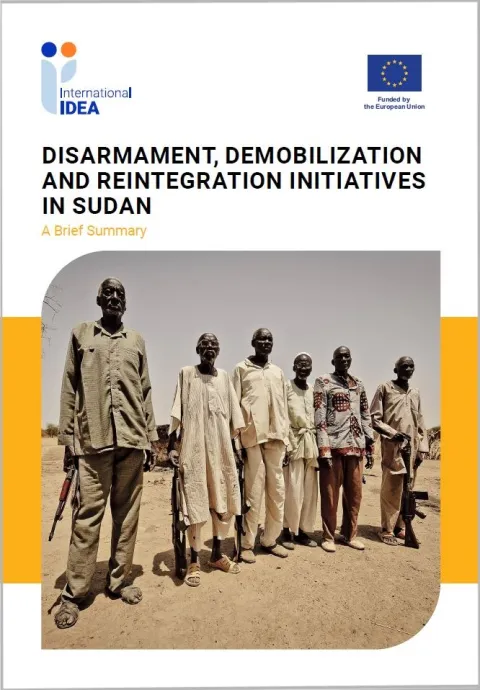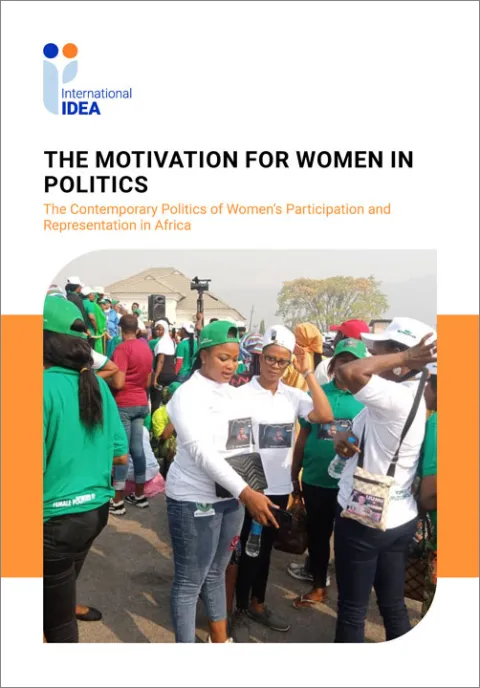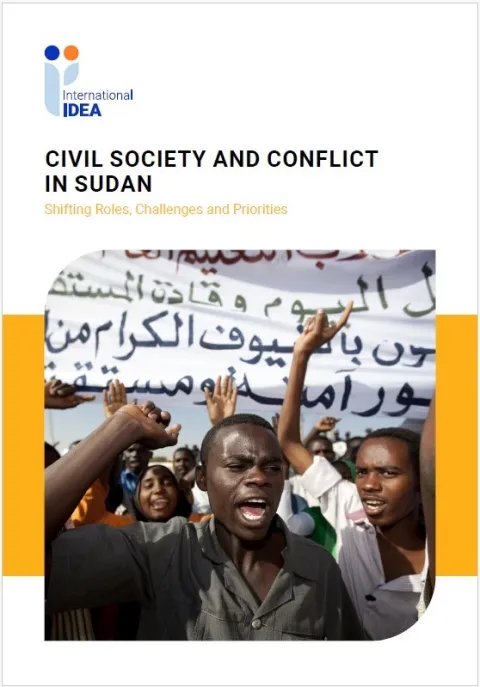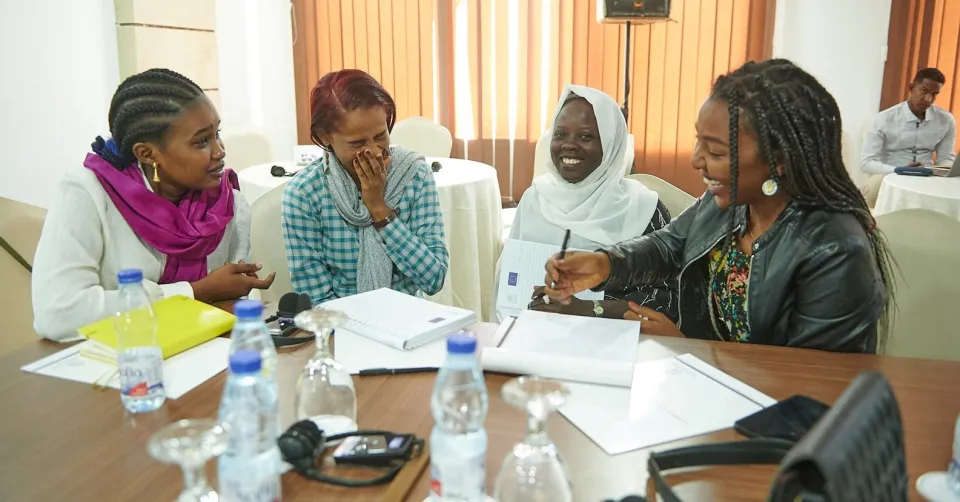Disarmament, Demobilization and Reintegration Initiatives in Sudan
Just as the Government of Sudan signed several peace agreements and did not achieve sustainable peace, it also did not succeed in convincing the armed movements with which it signed peace agreements to engage in civilian life and abstain from armed political operations.
This Report discusses the disarmament, demobilization and reintegration (DDR) policies and programmes adopted in the peace agreements after Sudan’s independence in 1956. Since the Addis Ababa Agreement and up to the Juba Peace Agreement, DDR-related policies have witnessed development at the level of legal provisions and relevant institutions. However, practice and application were very weak and not relevant. Therefore, the failure of DDR initiatives has constantly threatened sustainable peace processes in Sudan. As a result of the repeated failure to build successful national policies on issues related to building a just and sustainable peace in Sudan, war has broken out again in Sudan in a more severe manner.
This Report aims to shed light on these agreements and guide public policymakers at the state and international levels about previous experiences and lessons learned.
Details
Author(s)
Contents
Acknowledgements
Abbreviations
Executive summary
1. Objectives and scope
2. The history of DDR arrangements in Sudan
3. Women and children in Sudan’s DDR
4. Challenges and lessons learned
5. Conclusion
References
About the author
Give us feedback
Do you have a question or feedback about this publication? Leave us your feedback, and we’ll get back to you
Send feedbackDisarmament, Demobilization and Reintegration Initiatives in Sudan

| Total views | 2416 |
|---|---|
| Downloads | 159 |
| Rating |
Authors
Give us feedback
Do you have a question or feedback about this publication? Leave us your feedback, and we’ll get back to you
Send feedback











